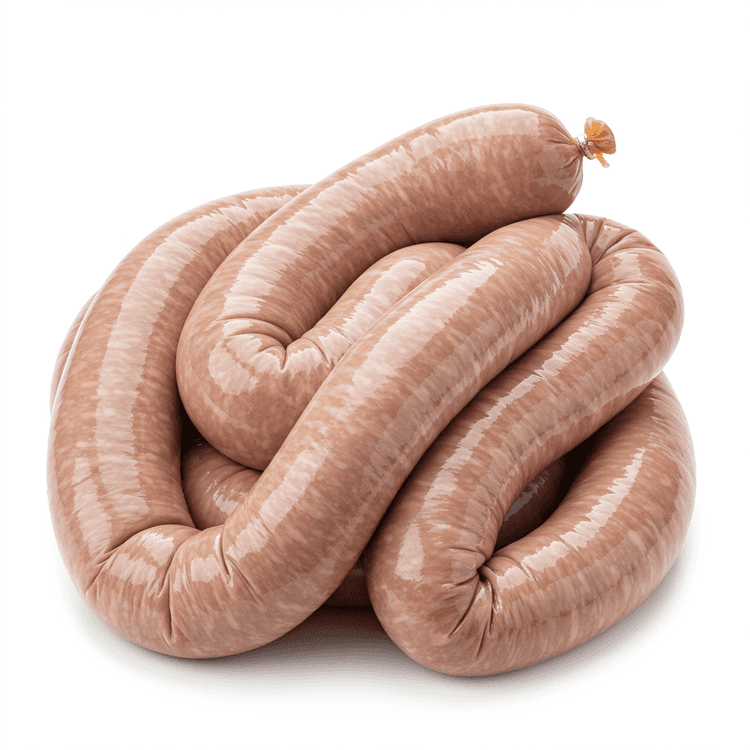
Beef Casing
Beef casing is a natural sausage casing made from the cleaned and processed intestines of cattle. Known for its durability and elasticity, it provides a firm yet tender texture to sausages, making it ideal for stuffing and cooking. Beef casing is typically thicker than pork casing, offering a robust bite and a slightly chewy texture. It is commonly used in larger sausages like salami or bologna and is prized for its ability to hold up during smoking, curing, or grilling processes. This ingredient is a staple in traditional charcuterie and sausage-making, offering an authentic, artisanal touch to recipes.
Common Uses
- Used as a natural casing for making large sausages such as salami, bologna, or mortadella, providing a firm structure and authentic texture.
- Ideal for smoked or cured sausages, as its durability allows it to withstand long smoking or curing processes without breaking.
- Perfect for grilling or roasting sausages, as it holds up well under high heat and retains its elasticity.
- Utilized in traditional charcuterie recipes to create artisanal sausages with a natural appearance and flavor.
- Can be stuffed with various fillings, including ground meat, spices, and herbs, to create custom sausage blends for specific cuisines.
Health Benefits
- Beef casing is commonly used in sausage-making, providing a natural and edible option for encasing ground meat and seasonings.
- It is a source of collagen, which can contribute to the texture and structure of sausages and other stuffed meat products.
- Natural casings like beef casing allow for better flavor absorption during smoking or cooking processes.
- Using beef casing can help retain moisture in sausages, ensuring a juicy and tender result.
- It is a versatile ingredient that works well in a variety of cuisines, from traditional European sausages to modern fusion dishes.
- Beef casing is a sustainable option as it utilizes parts of the animal that might otherwise go to waste, aligning with nose-to-tail cooking practices.
Substitutes
Chefadora AI is here.
Experience smarter, stress-free cooking.
Storage Tips
Beef casing should be stored in a cool, dry place if it is salted or dehydrated. Once hydrated, it should be kept refrigerated in an airtight container to prevent drying out. If you have excess casing, freezing is an option, but ensure it is well-wrapped to avoid freezer burn. Always check for signs of spoilage before use, such as discoloration or an off smell.
Marnirni-apinthi Building, Lot Fourteen,
North Terrace, Adelaide, South Australia, 5000
Australia

